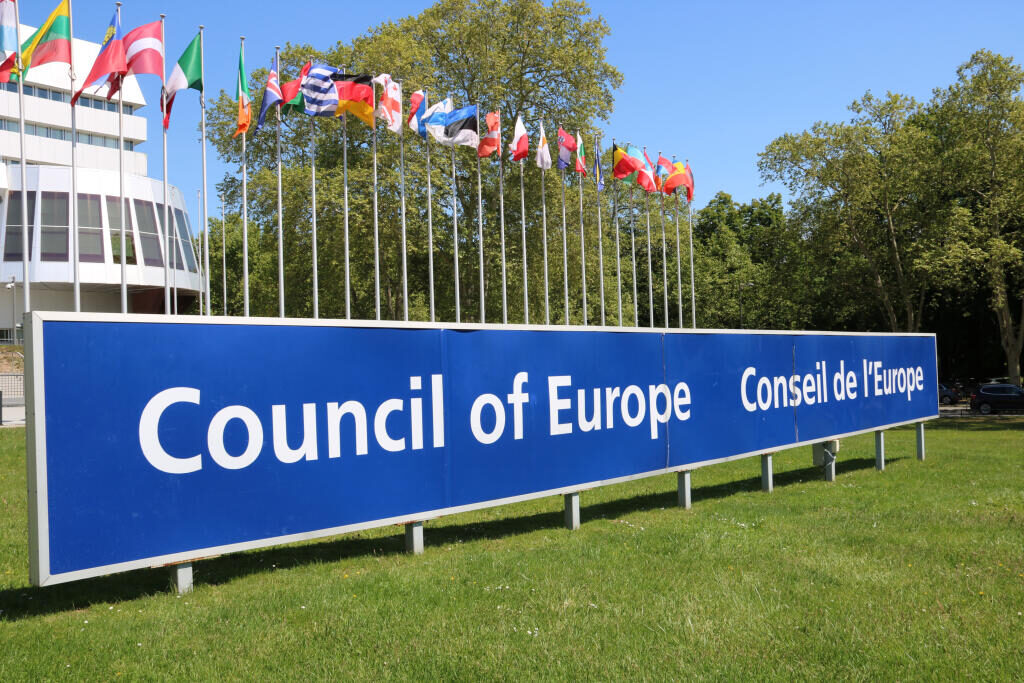02.10.2019 - 15:30
|
Actualització: 02.10.2019 - 17:30
The Council of Europe has begun an investigation to find out how Spain and Turkey use justice against Catalan and Kurdish politicians. The Committee on Legal Affairs and Human Rights of the Parliamentary Assembly of the Council of Europe has approved a first working document to begin a procedure that may end up being voted on by the Assembly.
At the beginning of the year, some twenty members of the Assembly, embracing various countries and parliamentary groups, from socialists to the popular group through liberals and greens, expressed concern at the growing number of national, regional and local politicians being investigated and arrested for the statements made in the exercise of their mandate, specially in Spain and in Turkey.
The report approved yesterday implies the start of an investigation, which will involve the sending of a research mission to both Spain and Turkey. The rapporteur of this first working document is Latvian socialist Boris Cilevics. He writes about a series of cases that in Turkey and Spain have implied violations of fundamental rights, such as freedom of expression, dissenting political discourse and questioning power or the status quo.
Innovative interpretation
In the case of political persecution against Catalan proindependence leaders or activists, he mentions the imprisonment of government members, the speaker of the parliament and members of the board, dozens of senior government officials and hundreds of mayors. He also writes about the events during the fall of 2017, marked by the police crackdown on the 1-O referendum and the judicial repression of the promoters of the referendum.
Clicics questions the accusation of rebellion, because there was no violence on the part of the people who participated in it. “As many observers could verify, the massive demonstrations around the referendum were peaceful. The widely disseminated videos are certainly shocking”. In spite of the use of tear gas and rubber bullets by the police, he emphasizes that the prosecutor’s office and the Spanish Supreme Court “adopted an innovative interpretation of the requirement of the violence for the rebellion crime called “violence without violence” or “violence without blood”.


